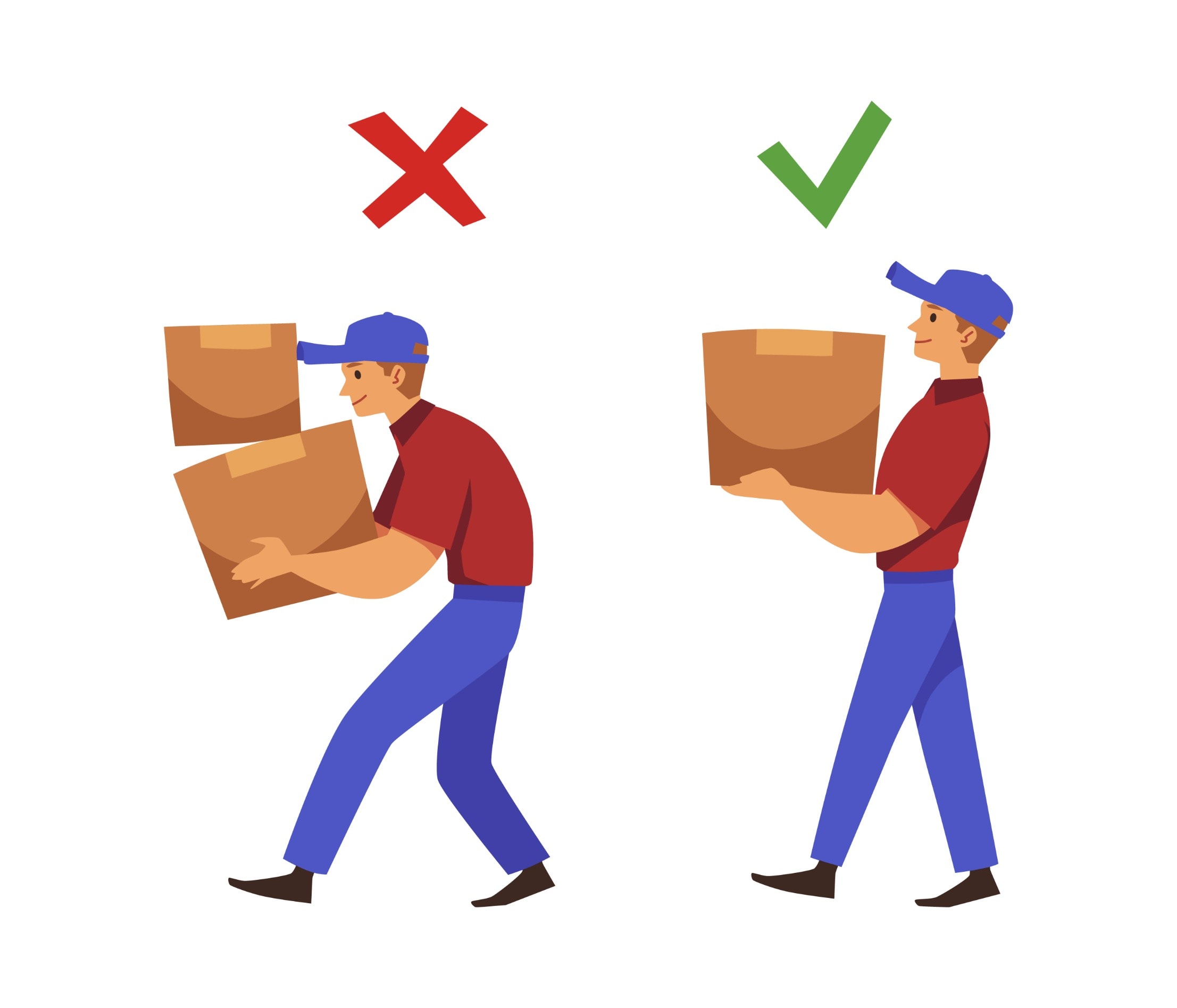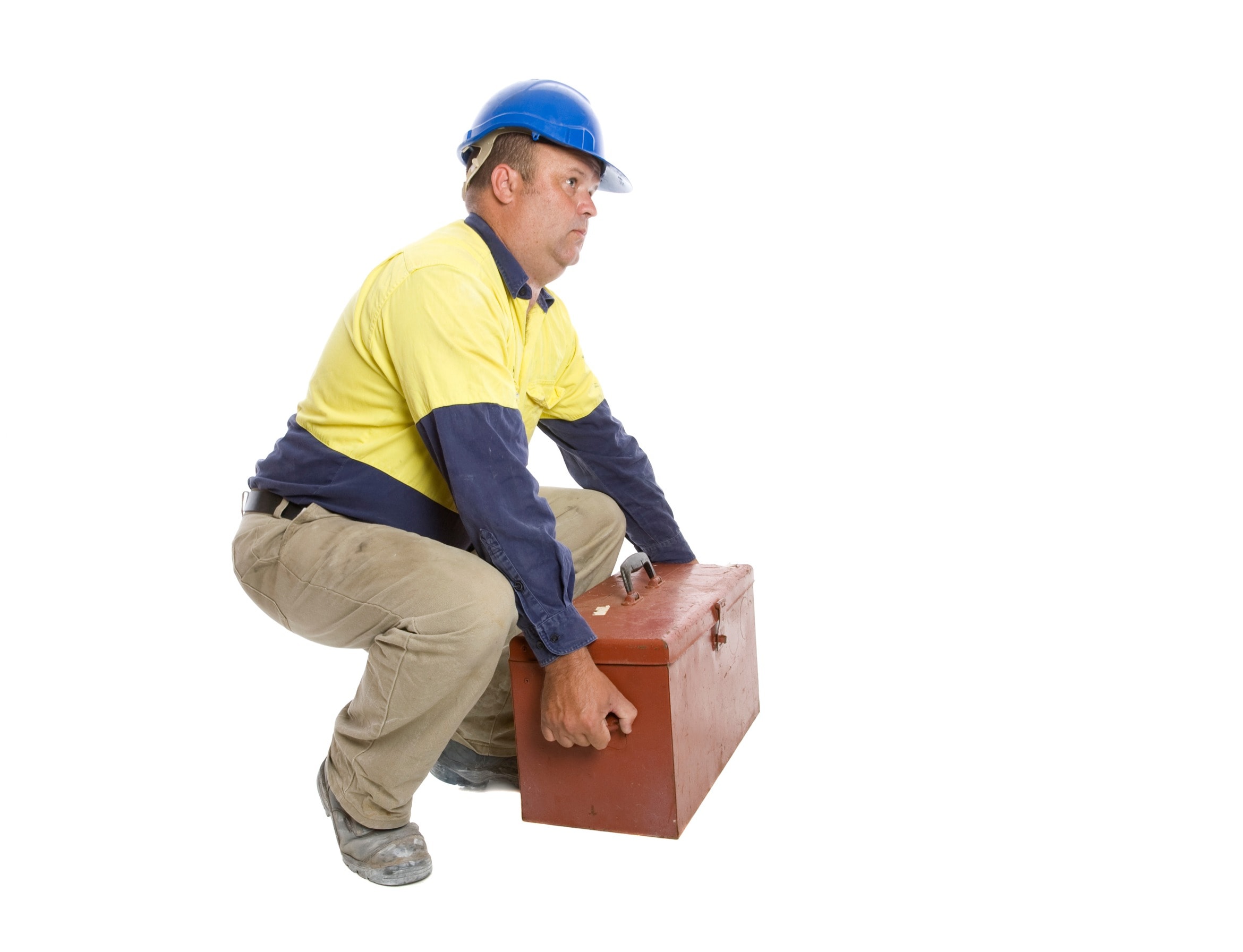Learn About Manual Handling Claims
In this guide, we’ll discuss everything you need to know about manual handling claims. Carrying, lifting, and moving heavy loads is common in a lot of workplaces, but it can result in serious injuries.
Our guide will discuss what happens when these injuries occur and how your employer could be at fault. This includes talking about employer negligence and breaking down some of the most common manual handling injuries.
Following this, we’ll talk about what steps you can take if you’re injured. We’ll also talk about compensation, and how manual handling accident compensation claims are calculated.
Finally, our guide will cover the benefits of working with a No Win No Fee solicitor on your accident at work claim. The claims process can be complicated and stressful, and a solicitor can help ease the load.
Contact Us
We hope our guide will answer any manual handling questions you might have, but if it doesn’t, contact a member of our team. Our advisors are here to help, and can answer your questions, talk about the claims process, and tell you whether or not you could claim compensation when you:
- Call us on 020 3870 4868
- Contact us online
- Use the live chat feature
Browse Our Guide
- What Are Manual Handling Claims?
- How Can Manual Handling Accidents Be Caused By Employer Negligence?
- What Are The Most Common Manual Handling Injuries?
- How Long Do I Have To Make A Manual Handling Claim?
- What Can Help Me Claim For Manual Handling Injuries?
- How Much Compensation For A Manual Handling Injury?
- Can I Claim Manual Handling Compensation Using A No Win No Fee Solicitor?
- More Information About Manual Handling Claims
What Are Manual Handling Claims?
The criteria for making manual handling claims revolve around negligence. For the purposes of an accident at work claim, negligence occurs when:
- You are owed a duty of care by your employer.
- They breach this duty.
- As a result, you are injured.
All employers owe their employees a duty of care. This is set out in the Health and Safety at Work etc. Act, which states that employers need to take all reasonably practicable steps to make sure that their workers are safe while they carry out work-related duties.
There are certain steps that all employers are expected to take, like providing adequate training when necessary and undertaking risk assessments when needed. If they fail to do so, and this causes you to suffer an injury while moving or lifting a heavy load, then you may be able to make a manual handling claim.
For example, your employer is expected to comply with the Manual Handling Operations Regulations 1992, which sets out how employers can mitigate and handle manual handling risks in the workplace.
Keep reading to find out how employer negligence can result in manual handling claims, or contact our team today to find out if you could be entitled to compensation.
How Can Manual Handling Accidents Be Caused By Employer Negligence?
So, how could a manual handling accident be caused by the negligent actions of your employer?
- Lack of training: Your employer is required to provide any training that you might need to do your job safely. They need to do this for free, and make sure that it’s adequate. If your employer doesn’t give you proper manual handling training, this could cause you to suffer a severe back injury when you try to pick up a load incorrectly.
- Lack of risk assessments: Your employer should perform a risk assessment before asking you to lift something, so they can make sure it’s not too heavy for one person. If they fail to do this, you could suffer a broken knee as a result of trying to lift something that is too heavy.
- Lack of personal protective equipment (PPE): Your employer should provide needed PPE for free and in adequate working order. If they fail to provide steel-toed boots and you work in a warehouse, this could result in a heavy box falling on your foot and breaking your toes.
These are only a few examples of how your employer could be responsible for a workplace injury. Contact our team today to learn more about manual handling accident claims.
What Are The Most Common Manual Handling Injuries?
Manual handling under negligent conditions can result in a range of different injuries, including:
- Neck injuries.
- Back injuries, like a broken back or soft tissue damage.
- Knee injuries, including breaks, fractures, and cartilage damage.
- Hand and wrist injuries, like a broken finger or a broken wrist.
- Broken toes.
- Broken or fractured feet.
- Crush injuries.
This isn’t an exhaustive list, and if you can’t see your injuries, this doesn’t mean you can’t make a manual handling compensation claim. Our advisors can tell you more when you get in touch.
How Long Do I Have To Make A Manual Handling Claim?
Generally, claimants have three years to start manual handling claims. This time limit applies to all personal injury claims, and starts on the date of your accident, as set out in the Limitation Act 1980.
However, this does come with some exceptions. For example, if you’re injured while as a minor (under the age of 18), the time limit will not start until you turn eighteen. You can’t claim for yourself until then, but a litigation friend can start proceedings for you.
Likewise, a litigation friend can make a claim for someone who lacks the needed mental capacity at any time. The time limit will only apply if they regain the capacity needed and no one has started proceedings for them.
Contact our team today to find out if you are within the time limit to make an accident at work claim.
What Can Help Me Claim For Manual Handling Injuries?
One of the most important steps in the manual handling claims process is collecting evidence. The evidence you use in your claim should be able to prove:
- How severe your injuries are.
- Who is responsible.
- How the accident occurred.
Some examples of evidence that you could use to prove employer liability in a manual handling claim include:
- Photographs of your injuries.
- Photographs of the accident scene.
- Accident book logs.
- CCTV footage or video footage of the accident.
- Medical records, x-rays, and other medical documentation of your injuries.
- The contact details of any witnesses so their statements can be taken later.
We understand that this can seem daunting, but you don’t need to do it alone. Contact our team today to find out how a solicitor from our panel could help you prove your claim.
How Much Compensation For A Manual Handling Injury?
One of the most common questions our advisors take is, “How much compensation can I get?” Unfortunately, this can be hard to answer accurately.
All manual handling claims are different, and compensation is awarded depending on the unique circumstances of each case. This means they’re all different and makes it hard to offer an average amount.
However, we can still discuss what kinds of personal injury compensation you could receive and how these amounts are calculated. The first heading we’ll talk about is general damages, and this addresses your injuries. General damages cover the pain and suffering you experience, as well as loss of amenity, which means loss of enjoyment.
When this head of compensation is calculated, the Judicial College Guidelines (JCG) can help. This document provides professionals with a list of guideline compensation brackets for different kinds of injuries and illnesses. You can see some examples of these in the table we’ve provided below.
Please note that these are just examples and not guaranteed amounts. The first entry in this table has not been taken from the JCG.
| Injury | Compensation Bracket |
|---|---|
| Multiple Severe Injuries + Financial Losses | Up to £500,000+ |
| Severe Pelvis And Hip Injuries (i) | £95,680 to £159,770 |
| Very Severe Foot Injuries | £102,470 to £133,810 |
| Severe Foot Injuries | £51,220 to £85,460 |
| Severe Back Injuries (ii) | £90,510 to £107,910 |
| Severe Back Injuries (iii) | £47,320 to £85,100 |
| Moderate Back Injuries (i) | £33,880 to £47,320 |
| Severe (iii) Neck Injuries | £55,500 to £68,330 |
| Moderate (i) Neck Injuries | £30,500 to £46,970 |
| Serious Shoulder Injuries | £15,580 to £23,430 |
Can I Claim For Loss of Earnings Caused By Manual Handling Injuries?
Yes, you can claim for loss of earnings caused by manual handling injuries, amongst other things. These are covered under special damages, the second head of claim that you could receive.
Special damages target the financial losses you experience as a result of your injuries. For example, this could include the cost of:
- Home adjustments, like stairlift installation.
- Mobility aids, like a cane or a wheelchair.
- Childcare.
- Help with cleaning, cooking, and housework.
- Travel to work or between medical appointments.
- Prescriptions and physiotherapy.
These are only a few examples of the financial losses that could potentially be covered by some manual handling claims. You’ll need to provide proof of these losses in order to claim them back, so it can be helpful to save things like invoices and receipts.
Our team of advisors can offer more guidance on compensation in manual handling claims when you get in touch. Or, you can keep reading to find out how a solicitor from our panel could help you.
Can I Claim Manual Handling Compensation Using A No Win No Fee Solicitor?
We always recommend making your claim with the help of a No Win No Fee accident at work solicitor. This is because the manual handling claims process can sometimes seem complex and daunting, and it can often be hard to know where to start.
When you work with a solicitor, they can help you:
- Gather evidence and proof to support your accident at work claim.
- Prepare your claim to go to court if this becomes necessary.
- Negotiate a settlement that includes all of your losses.
- Ensure that your claim is filed within the time limit.
- Understand and decode legal terminology.
Our panel of solicitors do all of this on a No Win No Fee basis, as they work under the terms of a Conditional Fee Agreement (CFA). This means that they can help you without taking a fee upfront, as the claim is ongoing, or if the claim fails.
If it succeeds, then your solicitor will take a success fee from your compensation. This is taken as a small percentage that has a legal limit, which helps to ensure that you keep the majority share of what you receive.
Contact Us
If you’d like to learn more about how one of the personal injury lawyers from our panel could help you claim for manual handling injuries, get in touch today by:
- Call us on 020 3870 4868
- Contact us online
- Use the live chat feature
More Information About Accident At Work Claims
To learn more about claiming for an accident at work:
- Learn about the weight limit for manual handling in the workplace.
- Find out how to claim for no training in the workplace with our guide.
- Get information on whether you get full pay after being injured at work.
Or, for more helpful resources:
- Learn about manual handling regulations from the Health and Safety Executive (HSE).
- Find out how to request CCTV footage of yourself from the Government.
- Learn about administering first aid from the NHS.
Thank you for reading our guide on manual handling claims.







